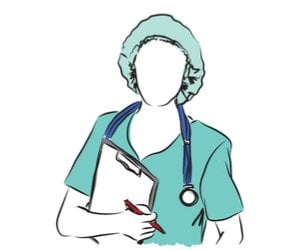
Q&A with Dr. Ali Wong, Plastic Surgery Resident and Creator of Sketchy Medicine
Dr. Ali Wong is a plastic surgery resident in Nova Scotia, Canada and creator of ... Read more
Gloria Onwuneme
Updated June 26, 2022 by Gloria Onwuneme

Dr. Ali Wong is a plastic surgery resident in Nova Scotia, Canada and creator of ... Read more
Gloria Onwuneme
Updated June 26, 2022 by Gloria Onwuneme

During the first years of medical school, we are taught a huge volume of material, ... Read more
Jacob Adney
Updated June 26, 2022 by Jacob Adney

Medicine is a vast field comprised of specialties so different that it’s hard to believe ... Read more
Cassie Kosarek
Updated June 26, 2022 by Cassie Kosarek
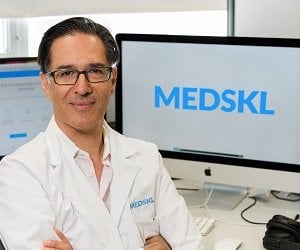
Tell us about yourself. Why did you first decide to become a physician I am ... Read more
Gloria Onwuneme
Updated June 26, 2022 by Gloria Onwuneme
Dr. Emma Stanton is a psychiatrist and Regional Chief Partnerships Officer at Beacon Health Options, ... Read more
Gloria Onwuneme
Updated June 26, 2022 by Gloria Onwuneme
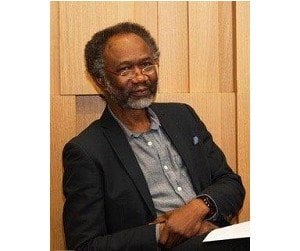
Dr Femi Oyebode is a Professor of Psychiatry at the University of Birmingham and a ... Read more
Gloria Onwuneme
Updated June 26, 2022 by Gloria Onwuneme
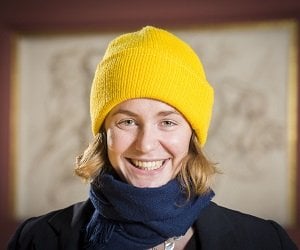
Maxine Mackintosh (BSc MSc) is a PhD student in data science at University College London, ... Read more
Gloria Onwuneme
Updated June 26, 2022 by Gloria Onwuneme
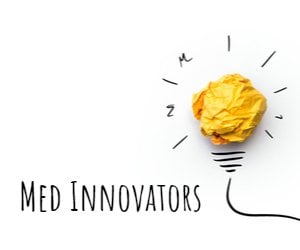
Shirlene Obuobi draws the life of a medical student in her comic ShirlyWhirl, MD. See ... Read more
Student Doctor Network
Updated August 8, 2022 by Student Doctor Network

Republished with permission from here. I spent one year working full-time as a pharmacy technician ... Read more
Sarayna Schock
Updated June 26, 2022 by Sarayna Schock
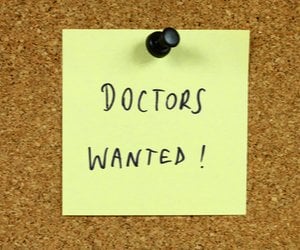
Read about steps 1 and 2 in Part 1 of this series here. Read about ... Read more
PracticeLink
Updated June 26, 2022 by PracticeLink
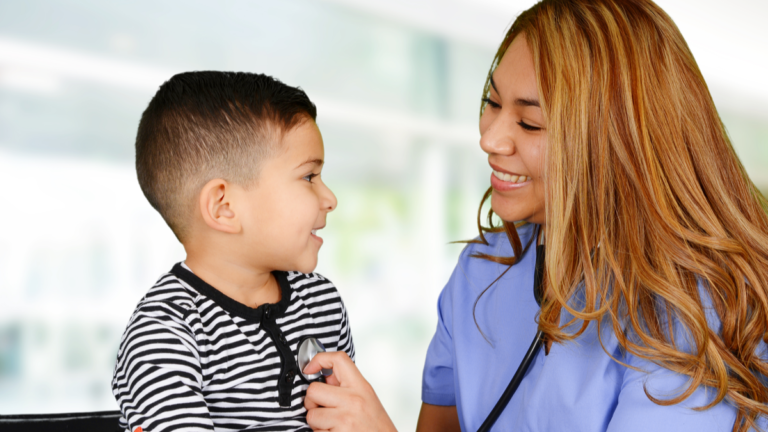
Republished with permission from here. The future of American health care remains uncertain. It was ... Read more
Matt Agritelley
Updated June 26, 2022 by Matt Agritelley
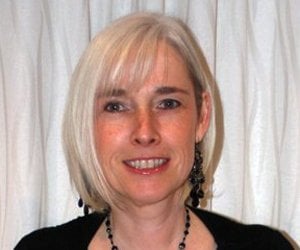
Alison Stansfield, MBChB, MRCPsych, MD is the clinical lead and consultant psychiatrist for the Leeds ... Read more
Gloria Onwuneme
Updated June 26, 2022 by Gloria Onwuneme

“Why is Mr X on statins?” asked the palliative consultant. “He has been on statins ... Read more
Ian Wee
Updated March 7, 2019 by Ian Wee

In our last installment, we recognized the value of money as a means of allotting ... Read more
CrispyDoc
Updated June 26, 2022 by CrispyDoc

When you are in medical school, your job search may feel like a project that’s ... Read more
PracticeLink
Updated June 26, 2022 by PracticeLink
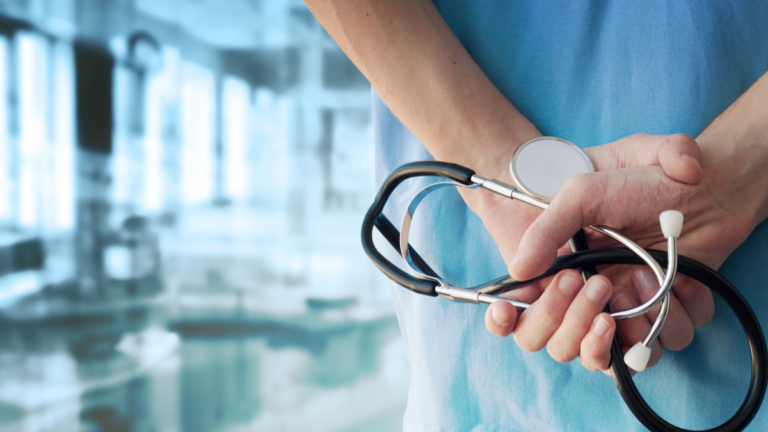
Reposted with permission from here. I can finally say I’m in my last year of ... Read more
Miguel Galán de Juana
Updated June 26, 2022 by Miguel Galán de Juana
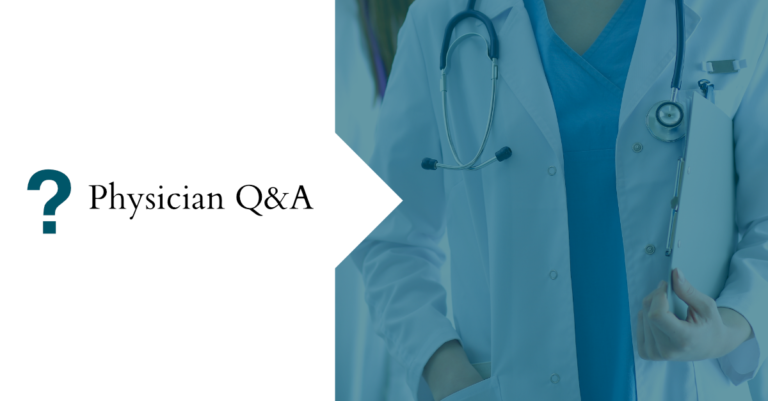
Dr. Abeyna Jones is an occupational medicine registrar at King’s College Hospital and the Medical ... Read more
Gloria Onwuneme
Updated June 26, 2022 by Gloria Onwuneme
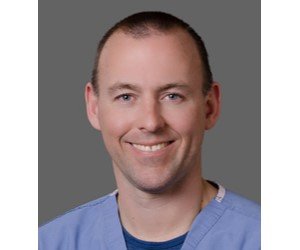
Dr. Tyler Edwards is an attending physician who specializes in family medicine, practicing for almost ... Read more
Thomas Richards
Updated June 26, 2022 by Thomas Richards
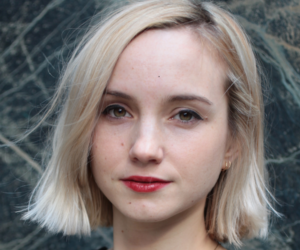
Dr. Cosima Gretton is a medical doctor and product manager at Karius, Inc., a biotech ... Read more
Gloria Onwuneme
Updated June 26, 2022 by Gloria Onwuneme
Current phase of the application cycle.
You are viewing information for the Early Prep phase of the application timeline.